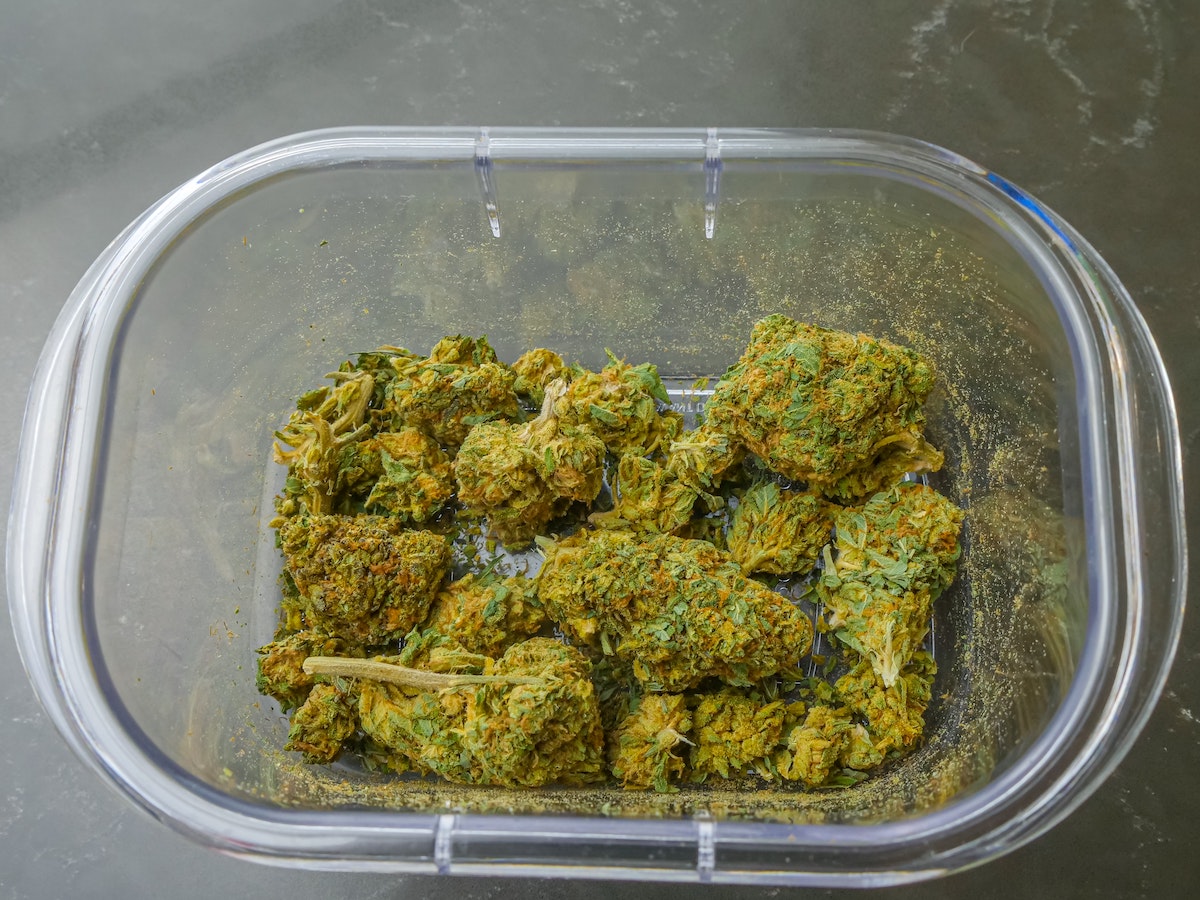New York’s governor is introducing legislation to increase enforcement authority to crack down on illicit marijuana retailers as the state struggles to stand up the regulated adult-use market.
The action came on the same day that Assembly Republicans sent a letter to the administration, requesting an audit of the state’s adult-use cannabis program amid controversy over the protracted implementation process.
Gov. Kathy Hochul (D) announced on March 22 that her new program bill would amend the state’s cannabis law by giving regulators at the Office of Cannabis Management (OCM), Department of Taxation and Finance (DTF) and law enforcement enhanced authority to stamp out the hundreds of illegal businesses operating in New York.
“The continued existence of illegal dispensaries is unacceptable.”
Illicit retailers could face fines exceeding $10,000 per day for violating the law by selling cannabis products without a license. As it stands, those illegal operators far outnumber businesses in the regulated industry.
“Over the past several weeks I have been working with the legislature on new legislation to improve New York’s regulatory structure for cannabis products,” Hochul said in a press release. “The continued existence of illegal dispensaries is unacceptable, and we need additional enforcement tools to protect New Yorkers from dangerous products and support our equity initiatives.”
Illicit operators that are growing cannabis plants or manufacturing products could face fines of up to $200,000 under the proposal, which has been transmitted to the Senate and Assembly.
Assembly Republicans are also putting pressure on the administration about the “proliferation of illegal shops,” which the lawmakers said in a March 22 letter “was entirely predictable.”
“Prior to the passage of the [legalization law], concerns were raised about the legalization of cannabis opening up a black market,” they wrote. “Because the state is responsible for creating the current market conditions, we would like to know how state officials intend to respond.”
Separately, the Coalition for Access to Regulated and Safe Cannabis (CARSC), which represents several well-known multi-state marijuana companies that currently operate medical cannabis businesses in New York, recently filed a lawsuit against OCM in the state Superior Court. The coalition is alleging that regulators have violated the state’s marijuana law by precluding vertically integrated “registered organizations” from the initial licensing rollout and instead prioritizing people from communities harmed by the drug war.
The businesses are asking the court to mandate that regulators start more broadly approving retail licenses.
OCM has faced criticism for opening so few retailers in recent months, despite significant demand in the populous state.
As it stands, relatively few New Yorkers have access to nearby legal adult-use dispensaries; only five shops have opened their doors as regulators seek to prioritize social equity licensing applicants who have been most impacted by the drug war.
OCM has faced criticism, including from out-of-state officials like the governor of Connecticut, for opening so few retailers in recent months, despite significant demand in the populous state.
Regulators did announce this month that they are doubling the number of conditional adult-use marijuana licenses that can be approved, from 150 to 300, after receiving feedback from certain applicants that they would be able to more expeditiously open storefronts without additional support through a state program designed to help eligible entities create physical locations.
Hochul visited one of the handful of currently operating cannabis retailers late last month, though she didn’t buy anything, even as she signaled openness to trying marijuana in the future.
In December, Hochul separately unveiled a marijuana business and product verification tool, with plans to post a QR code on licensed cannabis retailers and a universal symbol label for authorized cannabis products.
The governor also signed a bill in late November aimed at expanding the state’s hemp market by promoting collaborative partnerships to identify more opportunities to utilize the crop and its derivatives for packaging, construction and other purposes.
A plurality of New Yorkers favor having marijuana retailers open up in their communities.
Meanwhile, New York lawmakers approved a bill on March 21 that would require public health insurance providers in the state to include medical marijuana as a covered prescription drug, and authorize private insurers to do the same.
Also, New York lawmakers recently filed legislation for this year’s session to legalize certain psychedelics like psilocybin and ibogaine for adults 21 and older. Separate legislation would broadly decriminalize drug possession.
Far more New Yorkers believe that consuming alcohol is a serious public health problem compared to the minority who feel the same about marijuana, according to a recent survey conducted by state officials.
There’s also majority support for the state’s adult-use cannabis law, and a plurality of New Yorkers additionally favor having marijuana retailers open up in their communities.
Photograph by Kindel Media via Pexels
This story was originally published by Marijuana Moment, which tracks the politics and policy of cannabis and drugs. Follow Marijuana Moment on Twitter and Facebook, and sign up for its newsletter.





Show Comments